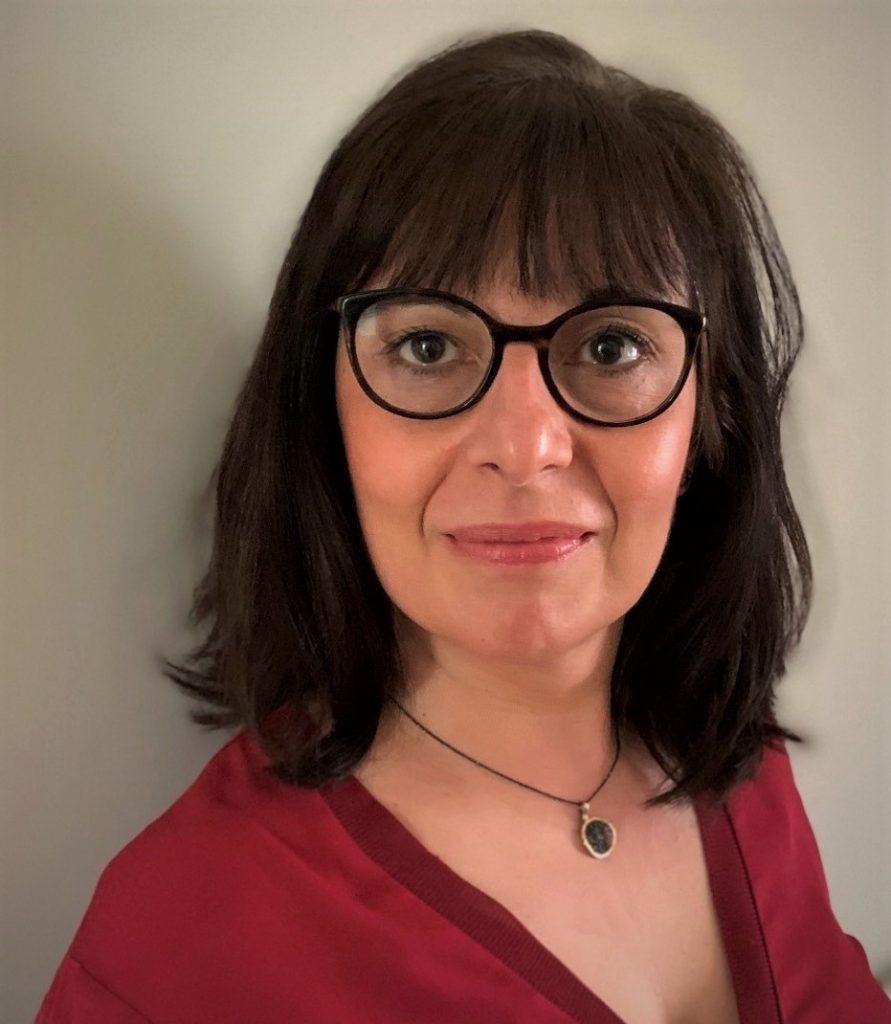by Susan Patchett

This time we will be getting to know Dr Maria Kaisar who is a scientist leading valuable research to identify biomarkers to better assess the quality of deceased donor organs. She explained that biomarkers can be proteins or genes that can be measured during organ donation to indicate the risk of poor function or even failure after transplantation. Her work also investigates biological processes that may be altered during organ donation and impact on effective organ function. She says that the more that can be learned about the changes in biological mechanisms, the closer we come to designing new therapies to repair organs and make transplants last longer.
Dr Kaisar says she feels privileged to have been part of the QUOD team since its creation in 2012. She recalls the strong collaborative spirit of the clinical teams (NORs, SNODs), academic partners and scientists across a host of institutions including NHSBT and transplant centres who all contributed to the development of the QUOD project. She has watched QUOD evolve into the platform it has become today and takes great pleasure in seeing QUOD samples supporting so much exciting research both nationally and internationally.
Maria has also been working on the COMPARE Trial that showed that the addition of oxygen during hypothermic machine perfusion of older DCD kidneys improved transplant outcomes. COMPARE is a component of the Consortium for Organ Preservation in Europe (COPE).
Every day is different for Maria as she spends her time in meetings, designing new experiments, analysing data and drafting grant applications and papers. She splits her time between her lab at the NHSBT Filton Blood Centre in Bristol, where she has built a small team, and at the University of Oxford working alongside colleagues in the QUOD/Ploeg Research lab at the Oxford Blood Centre. She also holds responsibilities as Vice-Chair of ESOT’s (European Society of Transplantation) Basic Science committee. Working with colleagues from across the United Kingdom and further afield in the Netherlands, Austria, Denmark, France and Belgium has provided valuable friendships that extend beyond scientific interest.
Maria is a passionate advocate of the Women in Science initiative and diversity in science. She says ‘We must rethink scientific careers to support career progression of scientists to senior leadership roles whilst caring for families – COVID has taught us that we can be productive in many ways and incorporate flexibility achieving a healthy work life balance. We also should aim to be more ethnically diverse as we can only gain valuable insights and perspectives’. The most significant obstacle faced by scientists today, she says, is the lack of long term, secure funding. COVID has shown that investment in science is essential to meet the changing medical challenges we are faced with.
Dr Kaisar’s journey in science began with her interest in biology at school, though she was also keen on philosophy, ‘very Greek!’ she laughs. With a BSc in Chemistry from the University of Athens, she took up a one-year internship that became a six-year research role at Imperial College School of Medicine. After taking some time out to start a family, she returned to work for NHSBT and developed a strong interest in organ transplantation that led to joining Professor Ploeg’s group and completing a DPhil at the University of Oxford.
When Maria isn’t pondering science she loves holidays with her family, picnics, long walks and cooking. She also loves live music and going to concerts and gigs which she hope to be able to do again soon.
